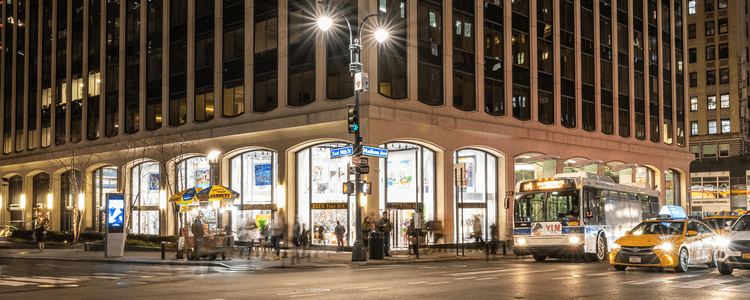The recent movement towards returning art pieces from museums to their original homelands marks a pivotal shift in how cultural institutions engage with their historical narratives. This trend, which has gained considerable traction, involves several prominent instances where nations are reclaiming their cultural assets.

Art Restitution Trend Gains Momentum: Museums Reassessing Provenance of Collections
Updated: December 25 2023
A prime illustration of this movement is The Metropolitan Museum of Art's decision to send back 16 Khmer sculptures to Cambodia and Thailand. This act underscores a growing readiness among museums to reassess how they acquired their collections and to address past injustices. The return of these culturally and historically vital sculptures to Cambodia and Thailand is a meaningful step in reviving their cultural legacy.
Equally significant is the University of Aberdeen's move to return a looted Benin Bronze to Nigeria. Taken during the British punitive expedition in 1897, this piece is among many such artifacts symbolizing the era of colonial exploitation. The University's choice to return the bronze, recognizing its controversial history, paves the way for similar actions by other holders of such artifacts.
In the same vein, the Rijksmuseum in the Netherlands is vigorously working to repatriate artifacts acquired during the colonial period. The museum is proactively examining the origins of its collection, acknowledging the difficult histories many of these pieces carry.
The debate surrounding the British Museum and the Parthenon Marbles is another notable example. Greece has been advocating for the return of these sculptures, highlighting their significance to Greek cultural and historical heritage. Despite resistance from the British Museum, this issue remains a central topic in the discourse on cultural heritage and restitution.
These instances collectively signal a shift towards a more responsible handling of cultural heritage. Museums not only rectify historical errors but also nurture a deeper appreciation and respect for the varied cultures that constitute our global society. This shift in the paradigm of repatriation is transforming museums' roles in the contemporary era. They are no longer merely guardians of global cultural artifacts but are emerging as active contributors to conversations about cultural identity, heritage, and historical narratives.
In essence, the ongoing trend of repatriating art and historical artifacts represents a crucial evolution in the sphere of museums and cultural preservation. It mirrors an expanding global awareness of the need to honor and maintain the cultural identities of different nations and peoples, recognize historical grievances, and foster a more inclusive and respectful global heritage outlook. This evolution is likely to significantly influence how museums function and engage with the communities whose stories they exhibit.
RELATED ARTICLES

EDEN
Updated: December 17, 2025Inside the Minds of EDEN Art Collectors
The Collectors Behind the Canvas offers an intimate look into the lives of EDEN collectors around the world. From Abu Dhabi to Dubai, discover how Dan and Nadia Feldman and Yann and Lana Biojau live surrounded by color, creativity, and meaning—revealing ...

EDEN
Updated: December 22, 2025How to Buy Art from EDEN
How to Buy Art from EDEN is your step-by-step guide to collecting art with confidence and joy. From discovering artists online to receiving personalized consultation and seamless delivery, EDEN transforms buying art into a meaningful, guided experience ...

EDEN
Updated: October 14, 2025EDEN Gallery Madison – A Chapter Closed, A Spirit That Lives On
EDEN Art Gallery Madison opened in 2009 at 437 Madison Avenue, NYC, and remained active until 2025. Although EDEN Madison closed, its influence continues through our larger galleries in SoHo and on Fifth Avenue. The EDEN Madison story is one of growth, ...
Join Our
Stay updated with the latest from the EDEN House of Art—be the first to discover new events, collections, and more!



